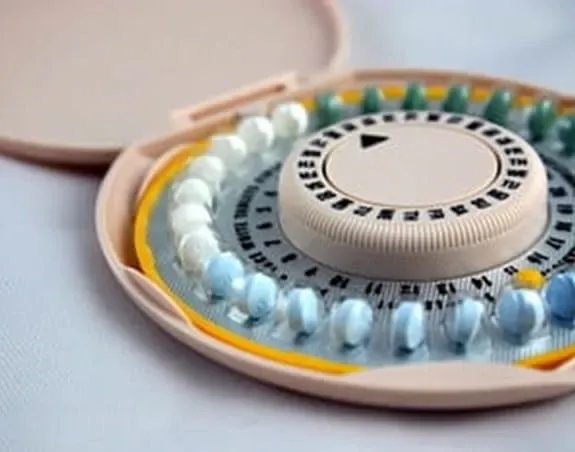All about the birth control pill

The benefits and risks of hormonal birth control
The birth control pill has been used in Canada since the 1960s. Today, it’s one of the most popular forms of birth control in Canada and the United States. More than 15% of women aged 15 to 49 use it.

How does the pill work?
The most commonly prescribed birth control pill contains synthetic versions of 2 female hormones – estrogen and progesterone. The hormones work together to prevent pregnancy by blocking the release of eggs from the ovaries.
The major benefits of taking hormonal contraceptives are:
- preventing unwanted pregnancy
- reducing the symptoms of menstruation (for example, cramps and bleeding)
- reducing the risk of uterine and ovarian cancers
- managing the side effects of excessive male hormone production (for example, acne and unwanted hair growth)
Women who take the pill have a slightly higher risk for breast, cervical and liver cancers. They also have a higher risk for heart disease and stroke (mostly in women who smoke).
Birth control methods like the patch, vaginal ring, skin implant and injection also change a woman’s hormone levels. They’re newer, so there’s not enough research yet to know how they affect cancer risk.
Our perspective
The Canadian Cancer Society believes it’s important to understand the benefits, risks and side effects of birth control pills and other hormonal contraceptives so women can make an informed decision about their own health.
Women who are considering hormonal contraceptives should talk to their doctor about the benefits and risks, their personal and family health history and other medical concerns.
Does the pill increase your risk of cancer?
The pill may reduce your risk of 2 types of cancer
The birth control pill has been shown to decrease the risk of uterine and ovarian cancers.
The protective effect appears to last for at least 15 years after stopping the pill.
